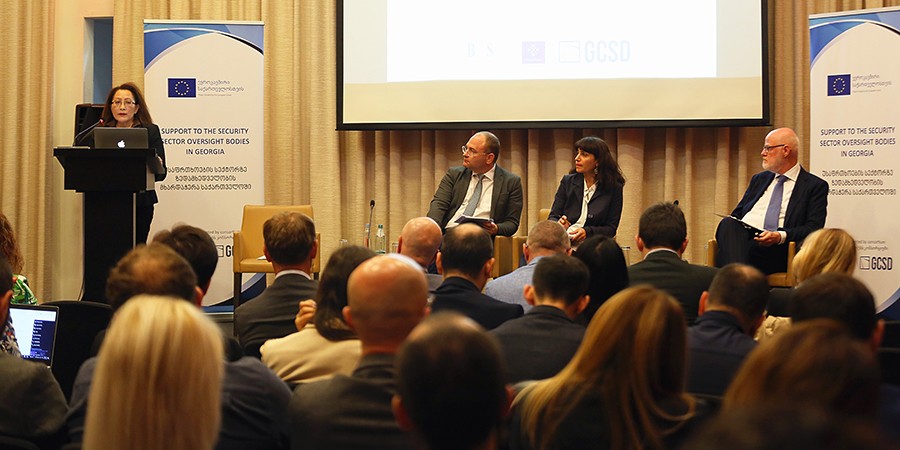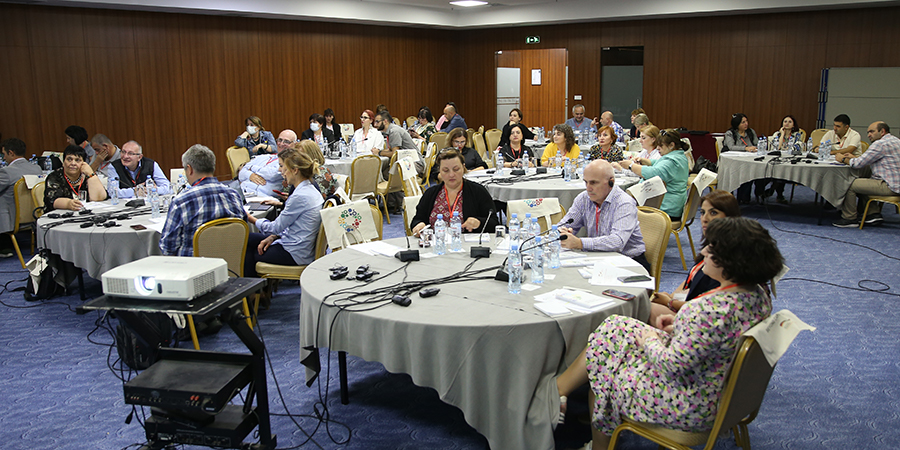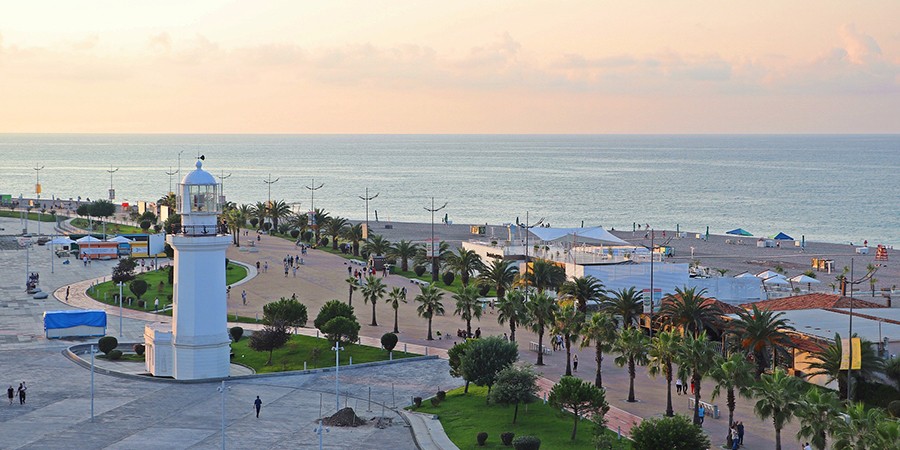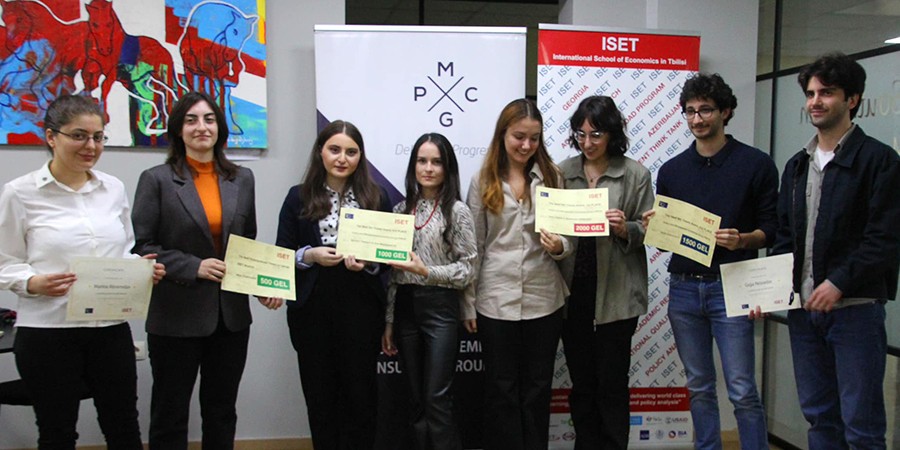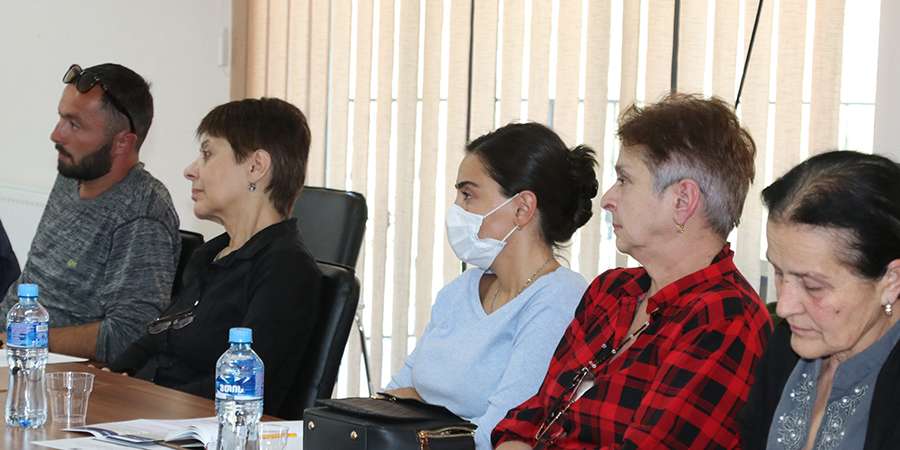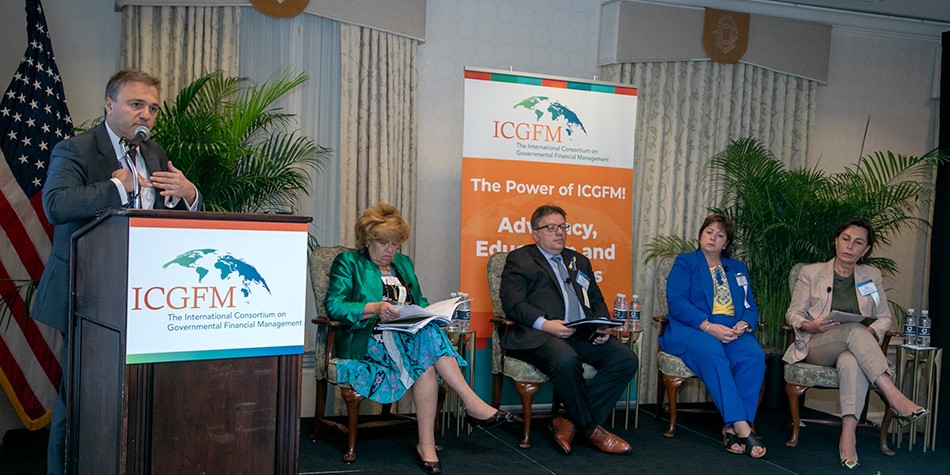PMCG Participates in the 12th Annual Central Asia Trade Forum
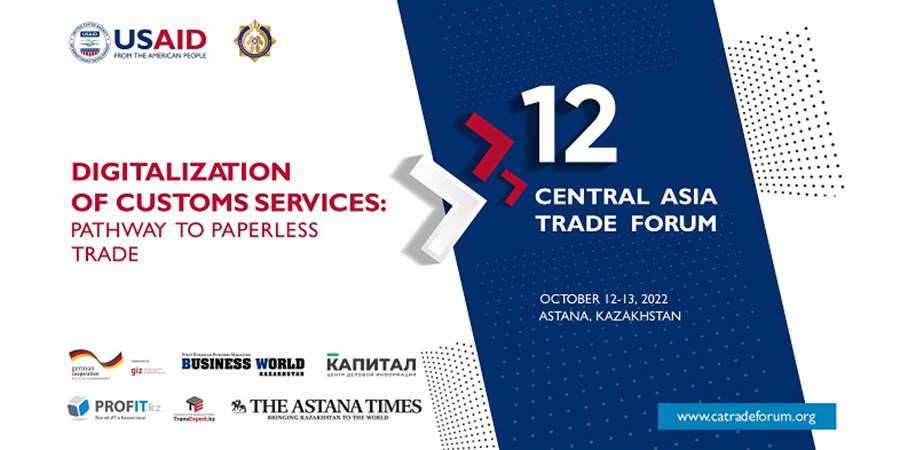

On October 12-13, PMCG participated in the 12th annual Central Asia Trade Forum (CATF), which carried the theme “Digitalization of Customs Services: Pathway to Paperless Trade.”
The CATF is a public-private dialogue platform for trade-led growth, supporting governments in developing and implementing the World Trade Organization’s Trade Facilitation Agreement and in improving digitization.
This year’s event brought together representatives of Central Asian customs administrations and other attendees from Central Asia, Azerbaijan, Georgia, Korea, Latvia, and the United States. The forum aimed to not only discuss the ongoing efforts being made to develop digital solutions and services, to adopt enabling technologies, to increase operational performance, and to facilitate reinvention of how Central Asian customs administrations operate, but also to familiarize all attendees with a wide range of advanced digital tools and technologies.
Latest Innovation and the Role of ‘Digital’ Enforcement
The first session of the conference focused on the topics of digitalization of customs and creating a more efficient and modern customs environment in tune with global developments. During the session, participants discussed and exchanged ‘good practices,’ specifically innovations, experiences, and achievements of different countries around the globe, and learned about the modern tools being used to address these issues.
Mr. Samson Uridia, Head of the International Relations Department at the Revenue Service of Georgia and Consultant at PMCG, and Mr. Zurab Sitchinava, Head of the Customs Department at the Revenue Service of Georgia spoke about their country’s experience regarding the use of artificial intelligence (AI) to complete customs declarations. The Revenue Service now digitalizes its documents, a shift which has reduced the time required for customs declarations from 20 minutes to three. Meanwhile, human involvement in the issuing of certificates of origin has decreased by 60 percent since the digitalization process began.
“I would like to use this opportunity to convey my appreciation to the organizers for inviting us. Why are we here? Because we would like to demystify artificial intelligence (AI), not as data analysts or IT specialists, but as representatives of the Revenue Service of Georgia. We want to share our experience of how business processes can be simplified and how AI makes those processes more effective and efficient. When we talk about the digitalization journey, we find that that’s why AI was invented and continues to develop. Thus, we think that it would be interesting for our customs colleagues from Kazakhstan, Uzbekistan, Tajikistan, Kyrgyzstan, and so on to learn from our experiences,”
said Mr. Uridia.
“Yearly, we used to spend about 170 000 hours on export and import declarations and up to 500 customs officers worked on different processes, with every customs declaration taking about 20 minutes. As we acknowledged that resources were limited, we identified business processes most suitable for automation.. What we want to achieve is to decrease the time taken to complete all of these repetitive business processes undertaken by customs officers. Also, it’s very important to underline here that solutions are available, and many of those solutions have been available for more than 10 years,”
added Mr. Uridia.
Accelerating Digitalization for Enhanced Transit and Trade Facilitation
During the second session of the forum, keynote speakers from Georgia, the EU, Kazakhstan, ADB, and UNECE covered digitalization in facilitating trade and transit from different perspectives.
PMCG’s consultants Mr. Samson Uridia and Mr. Bondo Bolkvadze shared with participants the innovations and simplified procedures introduced by the Georgian authorities in the areas of trade facilitation and transit operations.
“I think this forum is very interesting and it will help Central Asian countries to better plan their future activities in the direction of customs and trade reforms. As I understand, countries in Central Asia work towards the exchange of advanced information or the so-called exchange of pre-arrival information, which is really promising because it’s a win-win situation. It’s very helpful for customs administrations and this type of information can serve as a good basis for further development and elaboration of transit simplification,”
said Mr. Bolkvadze.
“I would also like to highlight the importance of implementing program of authorized economic operators. This would very much help to enhance the transit procedures in the region because it increases opportunities with regard to simplifying procedures and embarking on further reforms. In particular, any further reforms can be handled much more smoothly when authorized economic operators are in place, and when you can start piloting reforms with authorized companies,”
added Mr. Bolkvadze.
The participants of the second session discussed ideas to increase the efficiency of freight transport along the Trans-Caspian route, to improve the transport of fruits and vegetables, to build mutual cooperation on rail freight, to resolve cross-border issues, and to take alternative transit routes into consideration.
Workshop on Digitalization as an Anti-Corruption Strategy
During the workshop, experiences on anti-corruption measures from Georgia, Latvia, and Kazakhstan were presented. Speakers at the event presented measures playing a significant role in reducing corruption in customs. PMCG’s consultants Mr. Givi Nadiradze and Mr. Vakhtang Lashkaradze led a session about Georgia’s customs experience with respect to implementing anti-corruption initiatives, sharing successful practices and explaining how digital tools had been applied to reduce corruption.
